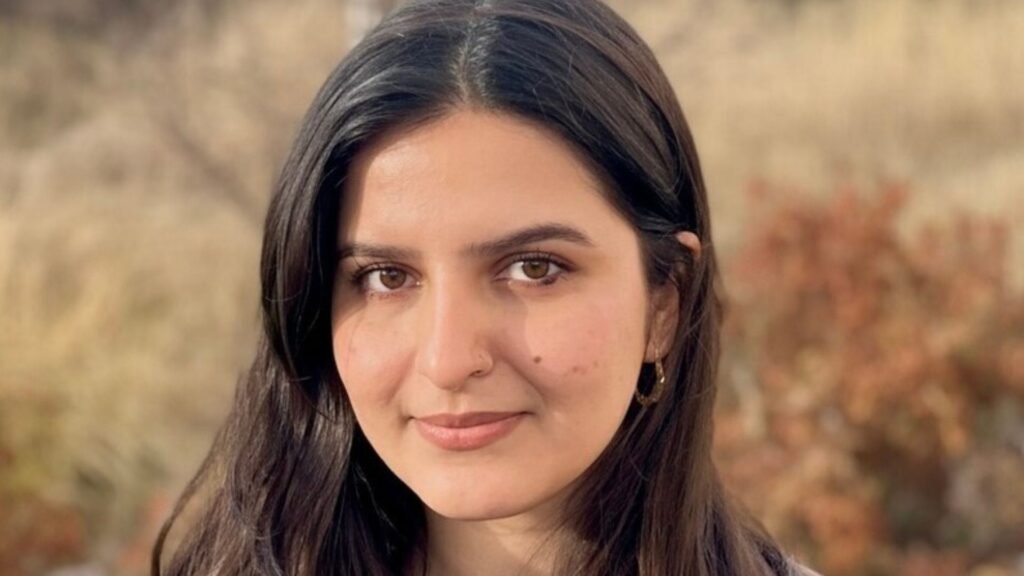Fatima Ali Shah has earned major recognition in the academic and sustainability world after winning the Best South Asia Thesis Award 2024–2025 from SASNET at Lund University. Her research focuses on one of Punjab’s toughest environmental problems: the thick winter smog made worse by farmers burning leftover crop residue.
Punjab’s government introduced a 60% subsidy for Super Seeders, a climate-smart machine meant to reduce the need for burning. On paper, it looked like the perfect solution—but Fatima’s research asked a much more important question: Is this solution actually reaching the farmers who need it?
To find the real answer, she spoke with three types of farmers: those who never applied for the machine, those who applied but didn’t get it, and those who did. What she discovered was surprisingly simple. The biggest issues weren’t technical at all—they came from communication gaps, unclear application steps, hidden costs, delayed deliveries, and a lack of proper training. In short, the program didn’t fail because the idea was bad; it struggled because the delivery system wasn’t strong enough.
What’s interesting is that once farmers actually used the Super Seeder, everything changed. They saw cleaner fields, saved time, and even drew interest from other farmers who noticed the positive results. The benefits became real only when the machine reached the ground, showing how big a difference effective implementation can make.
Fatima says this project shaped the direction of her career. For her, the lesson is clear: impact doesn’t collapse at the idea stage—it collapses when execution is weak. Whether it’s sustainability, supply chains, or public-sector programs, she believes success depends on operations that are predictable, locally rooted, and properly supported.
She shared her gratitude with SASNET, her supervisor, and the farmers who opened their time and experiences to her. Fatima will also be presenting her research at a public seminar in Lund on December 16, 2025, both online and in person, with details available in her post’s comments.
It’s a proud moment for her—and a meaningful step forward in understanding how climate solutions can truly work for the people on the ground.


